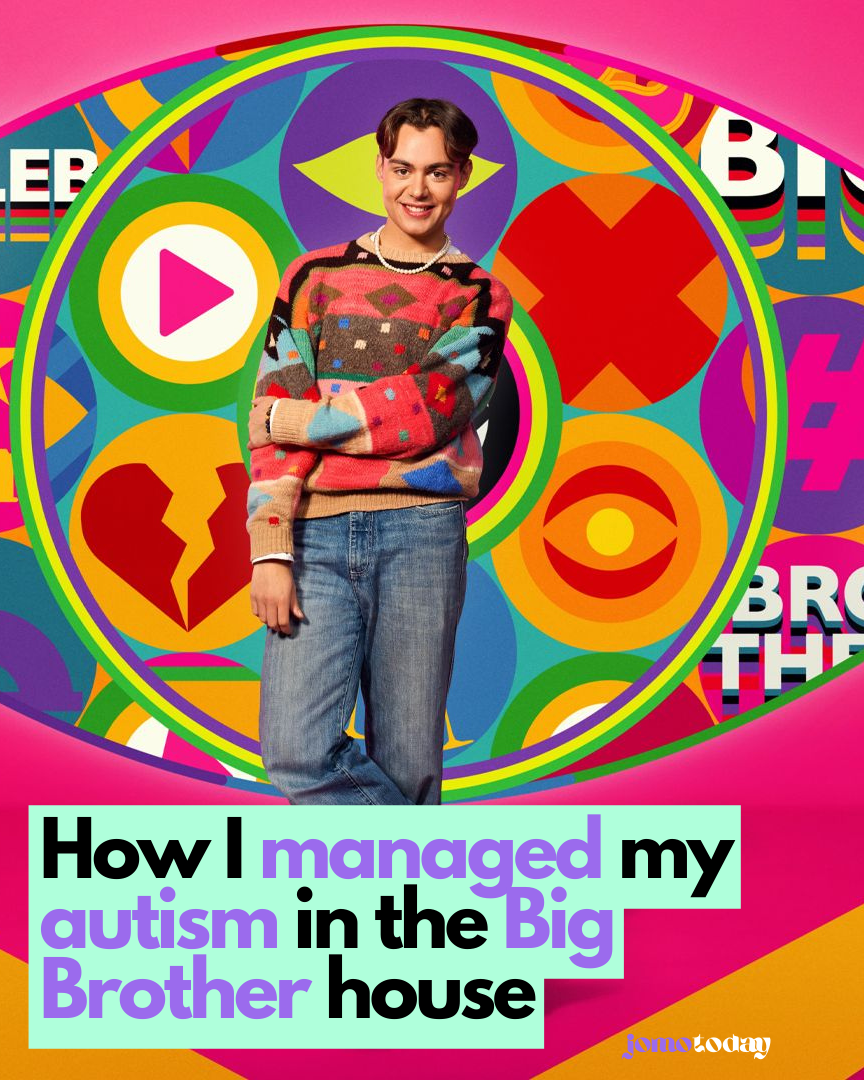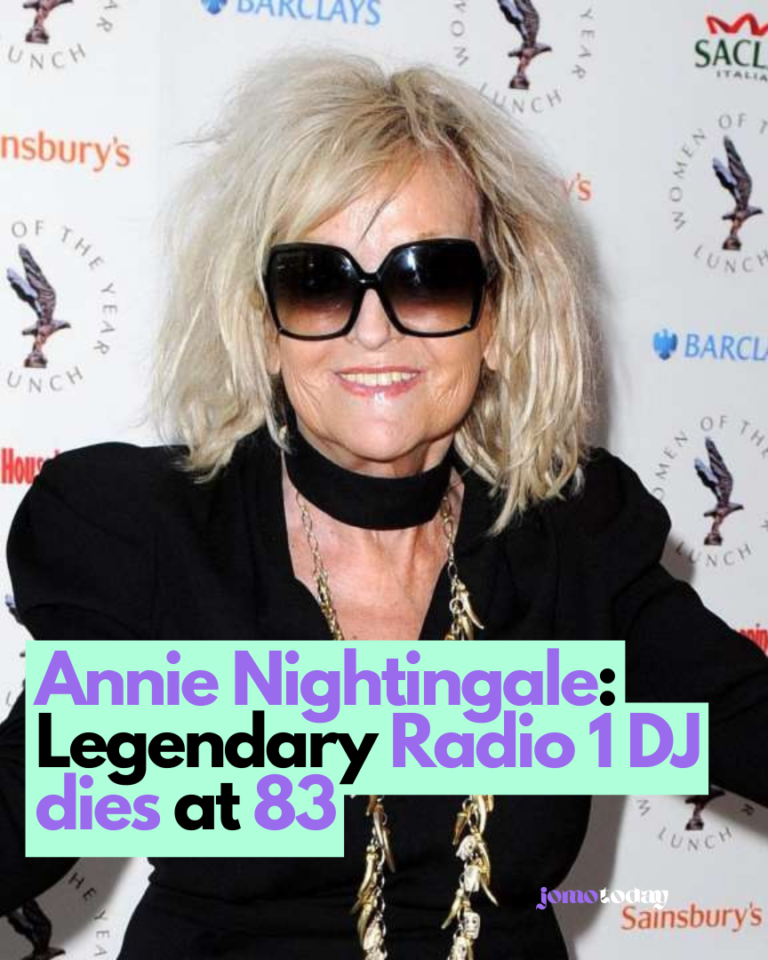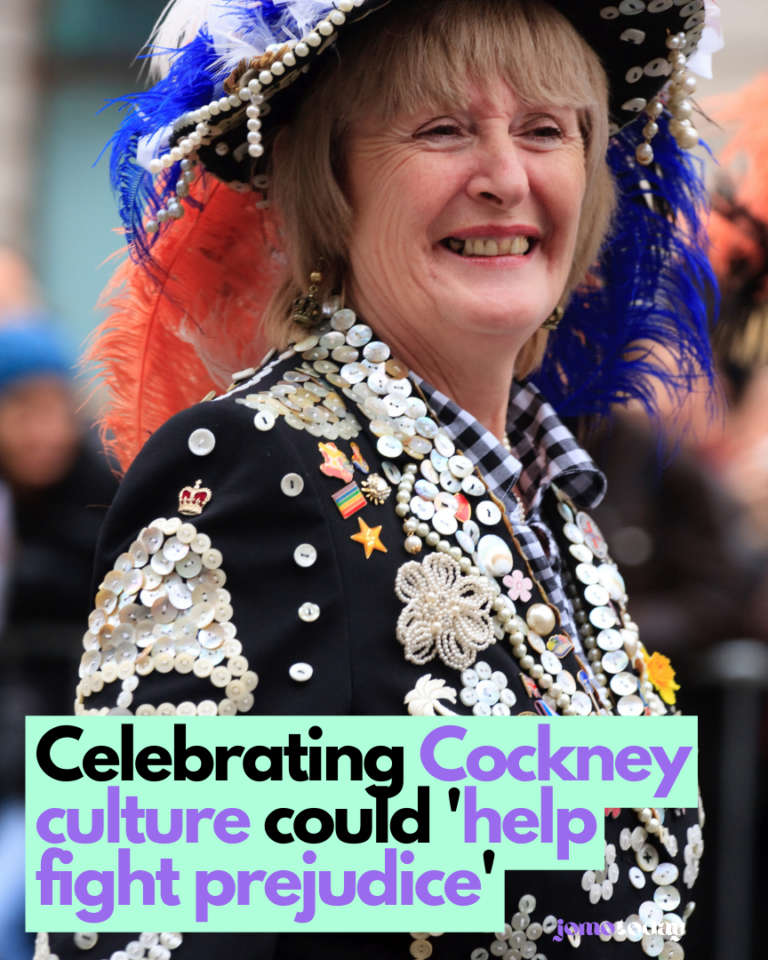Bradley Riches shares his coping strategies for managing his autism while participating in Big Brother.

Bradley Riches reveals the coping mechanisms he used while taking part in the series.
Riches, who experiences sensory sensitivities due to his autism, described the kitchen as white, with the bright lights causing discomfort. He expressed concern that they might induce sensory overload, prompting him to spend much of his time either outdoors or in the bathroom with fellow housemate David Potts.
Fortunately, he found the bathroom to be a more comfortable and less distressing environment due to the milder lighting. Riches revealed these insights on the Access All podcast, where he also discussed other strategies he employed to cope while residing in the Big Brother house alongside notable figures such as music managers Sharon Osbourne and Louis Walsh.
Riches encountered his first autism-related hurdle even before entering the house, amidst the cheering crowds outside.
“I wore earplugs, which proved immensely beneficial. It enabled me to fully engage with the moment, yet shielded me from becoming overwhelmed to the point of shutting down or experiencing a breakdown.”
The absence of a structured routine within the house posed an additional challenge.
Similar to numerous individuals on the autism spectrum, Riches experiences anxiety in response to a perceived chaotic environment.
Riches typically manages his time by meticulously organizing his day, likening it to a structured school timetable. This methodical approach was also applied to his shooting schedules during productions like 1917 and Saltburn.
“He used to organize his schedule on a daily basis, but for filming, he now arranges his routine weekly,” he explains. This approach has been instrumental in managing his time effectively while in the house.
“I quickly grasped the concept and established a three-week routine, preparing myself for any unforeseen circumstances. Once I settled into this rhythm, I found myself at ease and incredibly open with everyone around me, experiencing a sense of momentum.
As I grew more comfortable, I didn’t hesitate to let my housemates witness my stimming—self-stimulatory behavior such as making sounds or repetitive movements with my hands or fingers. Stimming is common among autistic individuals when they feel overwhelmed or overstimulated, serving as a coping mechanism.
Through allowing the cameras to capture these moments, I believe I’ve contributed positively to other autistic individuals. Feeling completely accepted, I embraced stimming without any sense of shame.”
Riches remarked that individuals on social media commented, “He’s actively stimming, you know? How significant is that?” He expressed, “I truly felt at ease in that scenario.”
Riches also disclosed that due to his autism, he didn’t begin speaking until he reached the age of 10.
“I relied on sounds or gestures for communication. I was quite withdrawn,” he explained.
This only altered when his grandmother motivated him to enhance his self-assurance through participation in acting lessons.
“I began encountering individuals who shared striking similarities with me, and I started utilizing my voice as a means of expression. This process significantly enhanced my self-acceptance.
“Acting served as a form of escape for me. Portraying characters distant from my own reality allowed me to discover my true self.”
Riches proceeded to undergo training at drama school before being approached by Netflix’s LGBTQ drama Heartstopper, which he asserts transformed his life. Initially cast in a minor role in the first season, he was invited back to take on the lead role of James McEwan in the second season.
“The fact that they remembered me for just one line was remarkable,” he reflects. “Being part of that show introduced me to countless remarkable individuals.”
Riches has completed filming the third series, scheduled for release in October. However, he remains secretive about his character’s future. “Who knows? I aim to hold onto my job!” he quips.
I recently had the opportunity to be a guest in the Big Brother house. It was a wild experience, to say the least. What many people might not realize is that I was also navigating life with autism during my time there. It was a challenge, but also a chance for me to learn and grow in ways I never expected.
Living in a confined space with a group of strangers is no easy feat, especially when you have sensory sensitivities like I do. From dealing with the unpredictable noise levels to managing my need for routine in an ever-changing environment, there were definitely some tough moments. However, I found ways to cope and even thrive.
One thing that really helped me was creating a designated quiet space for myself where I could retreat when I felt overwhelmed. I also made sure to communicate my needs to my housemates, which made a world of difference. They were incredibly supportive and understanding, which made the whole experience much more manageable.
Another unexpected positive was the opportunity to educate others about autism. I was able to share my experiences and start some really meaningful conversations about neurodiversity. It was amazing to see the impact that open dialogue could have on breaking down misconceptions and fostering acceptance.
Overall, my time in the Big Brother house was challenging, eye-opening, and ultimately rewarding. I learned a lot about myself and my abilities, and I hope that my journey has inspired others to embrace their differences and find strength in their unique perspectives. Thank you for following along with me on this adventure!
Read More: David Potts crowned winner of Celebrity Big Brother
Disclaimer:
This content is AI-generated using IFTTT AI Content Creator. While we strive for accuracy, it’s a tool for rapid updates. We’re committed to filtering information, not reproducing or endorsing misinformation. – Jomotoday for more information visit privacy policy






Leave a Comment